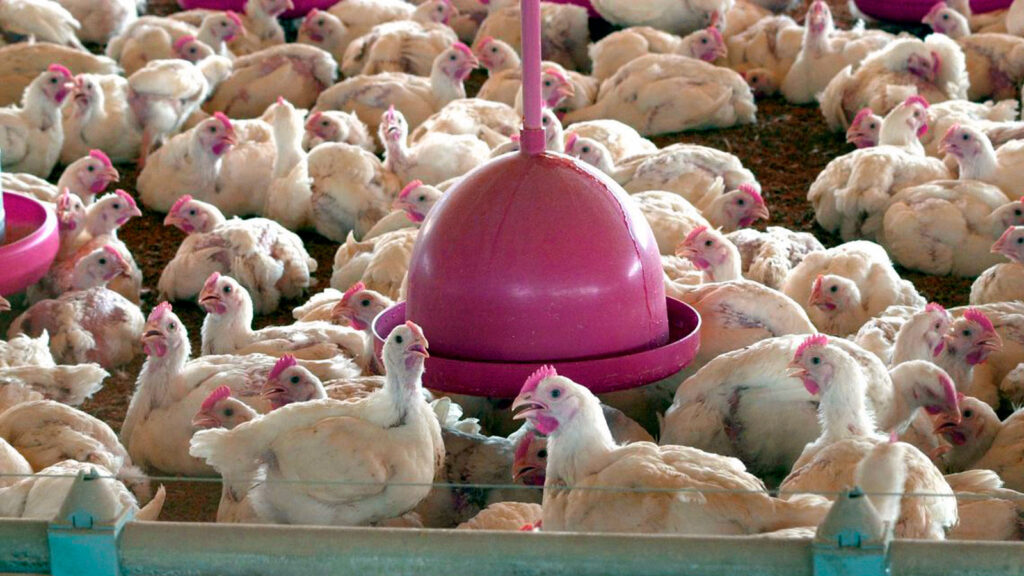We spoke this afternoon. On the story published by Repórter Brasil on July 12, 2018, and in response to the inquiries you had sent to IFC (to my colleague Frederick Jones), we would like to make the following comments. As discussed, we look forward to seeing the story updated to reflect IFC’s comments.
IFC believes that the path to a sustainable cattle sector in Paraguay is to develop market driven strategies to increase productivity on already cleared land, while protecting the remaining forest in private hands. This will require a combination of government policies, incentives and enforcement, as well as private sector initiatives to create a set of principles and criteria for sustainable beef production and exports, increase productivity and incorporate best management practices, including traceability and verification systems. Some of the potential positive impacts of this approach are: a) increased productivity per unit of land (as opposed to growth based on further deforestation); b internationally recognized certification schemes; c) fully traceable supply chains to disincentivize deforestation, and d) access to more profitable markets. Government support is essential to level the playing field as well as to craft and enforce regulation, replicating the dynamics that has already brought Brazil and other countries in the region to a more sustainable path.
The World Bank Group, of which IFC and IBRD are members, has longstanding experience in working with these issues, including traceability, with good success in Brazil and in Uruguay, for example. On the public sector side, IFC has been working with IBRD to support the Government of Paraguay to develop a strategy for the sustainable development of the beef sector. Key areas being addressed are access to public information (including the database of environmental licenses and permits), traceability, and sanitary status. IFC is advocating for a publicly available cadaster of environmental permits that will allow for independent verification of the legality of deforestation in Paraguay.
On the private sector side, IFC has been approaching the issue from two perspectives:
1) Sector-wide approach: IFC has been leading the process to develop a set of Paraguay Principles and Criteria for Sustainable Beef through a participative multi-stakeholder approach, in partnership with the Worldwide Fund for Nature (WWF) and US Agency for International Development (USAID). This involves the Global Roundtable for Sustainable Beef (GRSB) and a wide coalition of local stakeholders, including producers, industry, traders, finance sector and civil society
2) Individual firm approach: IFC has been designing advisory engagements with companies operating in Paraguay that represent 70% of Paraguay’s beef exports (which includes Minerva), aiming at: a) improving their monitoring systems to fully evaluate social and environmental risks in their supply chain; b) increasing productivity per unit of land, incorporating a sustainable landscape approach with conservation areas and biological corridors between productive areas; and c) when needed, supporting corporate governance improvements.
Even before the afore-mentioned sector-wide and public approaches were initiated, IFC has been working closely with Minerva since 2012 to monitor the company’s efforts to manage the sustainability aspects of its supply chains across South America. These efforts include not only regions where the company is a formal party to agreements such as those under the TAC of Pará and the Public Commitment for the Beef Sector (“Compromisso Público para a Pecuária”, in Portuguese), but also in other sensitive regions where there are no sector-based agreements, such as the Chaco Region in Paraguay. IFC is currently working with Minerva to improve its supply chain management in Paraguay to achieve best industry practices over time; the company is also engaged in an ongoing process seeking continuous improvement of its environmental and social practices in all geographies it operates.
Minerva has been investing enormous resources in the region. In Brazil, for instance, based on the public audit reports from the “Compromisso Público para a Pecuária”, we believe that Minerva is ahead of other players in the sector and committed to do the same elsewhere. There is more information at: https://portal.minervafoods.com/node/14#pecuarista-sustentavel

